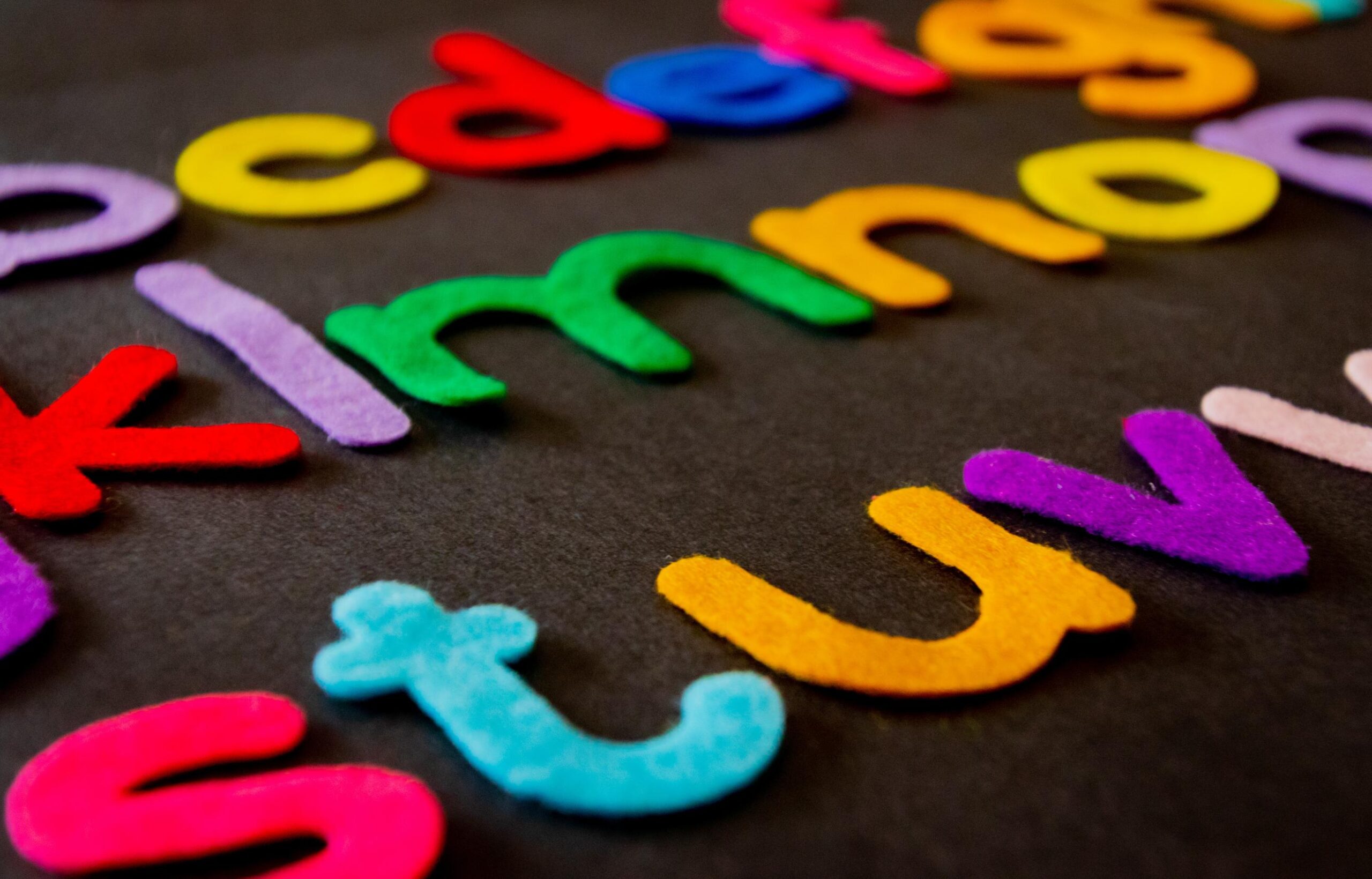
Dive right in! Early education for short WSJ crossword? The key is practice and quick thinking. Ready to sharpen your skills and conquer those tricky clues? Let’s explore effective strategies and tips to excel in solving the WSJ crossword efficiently. Stay tuned for practical insights that will enhance your puzzling experience. Let’s embark on this crossword adventure together!
Early Education for Short WSJ Crossword
Are you ready to dive into the fascinating world of short WSJ crosswords? If you’re looking to enhance your early education skills while having fun, then you’ve come to the right place. Short WSJ crosswords are a fantastic way to boost vocabulary, critical thinking, and problem-solving abilities. Let’s explore how engaging with these puzzles can be a valuable educational tool for learners of all ages.
The Benefits of Solving Short WSJ Crossword Puzzles
Short WSJ crossword puzzles offer a myriad of benefits beyond just entertainment. Let’s take a closer look at some of the advantages of incorporating these puzzles into your early education:
- Improves Vocabulary: Crosswords expose players to a wide range of words and encourage them to learn new terms.
- Enhances Critical Thinking: Solving crossword puzzles requires logical reasoning and the ability to make connections between clues.
- Boosts Memory Retention: Engaging with puzzles on a regular basis can improve memory and cognitive function.
- Develops Problem-Solving Skills: Crosswords challenge individuals to find creative solutions to complex problems.
- Encourages Persistence: Overcoming challenging clues in crosswords promotes perseverance and determination.
Strategies for Success
While solving short WSJ crossword puzzles can be enjoyable, it’s important to have a few strategies up your sleeve to tackle them effectively. Here are some tips to help you succeed:
Start with Easy Puzzles
Begin your crossword journey with simpler puzzles to build confidence and familiarize yourself with common crossword clues and patterns.
Work on Clues You Know First
Scan the clues and start with the ones you are certain about. This can help you fill in some letters and provide a foundation for solving the rest of the puzzle.
Use Crossword-Specific Vocabulary
Learn common crossword terms and abbreviations like “across,” “down,” and “clue” to navigate puzzles more efficiently.
Crossword Apps and Websites
Utilize crossword apps and websites to access a wide range of puzzles and track your progress over time. These platforms often provide hints and explanations for challenging clues.
Integrating Crosswords into Early Education
For educators and parents, short WSJ crossword puzzles can be valuable tools to enhance early education. Here are some creative ways to incorporate crosswords into the learning environment:
Classroom Activities
Introduce crosswords as a fun classroom activity to boost vocabulary and critical thinking skills. You can create custom puzzles related to specific subjects or lessons.
Homework Assignments
Assign crossword puzzles as homework tasks to reinforce learning outside of the classroom. Crosswords can be a creative alternative to traditional worksheets.
Interactive Learning
Encourage students to work on crosswords collaboratively in small groups. This fosters teamwork, communication, and a sense of achievement when solving puzzles together.
Crosswords for All Ages
Adapt crossword difficulty levels based on the age and skill level of the learners. From kindergarten to high school, crosswords can be tailored to suit different educational needs.
Enhancing Cognitive Skills Through Crosswords
Research has shown that engaging with puzzles like short WSJ crosswords can have a positive impact on cognitive development. Here’s how solving crosswords can enhance various cognitive skills:
Memory
Retrieving information related to crossword clues helps strengthen memory recall abilities.
Attention to Detail
Analyzing and deciphering clues require keen attention to detail, which can improve focus and concentration.
Language Skills
Building vocabulary and interpreting word clues can enhance language comprehension and communication skills.
Pattern Recognition
Recognizing patterns and relationships between words in crosswords can boost problem-solving and analytical skills.
Critical Thinking
Deciphering complex clues and finding solutions in crosswords encourages critical thinking and creative problem-solving strategies.
Short WSJ crossword puzzles offer a world of educational benefits for learners of all ages. By engaging with these puzzles, individuals can enhance their vocabulary, critical thinking, and cognitive skills in an enjoyable and interactive way. Whether you’re a teacher exploring new teaching methods or a student looking to sharpen your mind, incorporating crosswords into early education can be a rewarding experience. So, grab a pencil and get ready to solve your way to success!
In Lieu of Fun, Episode 118: Ross Trudeau on Making Crosswords
Frequently Asked Questions
What does “early education for short” refer to in a WSJ crossword?
In a WSJ crossword, “early education for short” typically refers to the abbreviation for a level of schooling attended by young children before the first official year of primary school.
How can understanding abbreviations commonly used in early education help solve WSJ crosswords?
Having familiarity with abbreviations related to early education can be beneficial in solving WSJ crosswords as these terms frequently appear in the clues, requiring solvers to recognize and interpret them accurately.
Why is knowledge of terminology specific to early education important for crossword enthusiasts?
For crossword enthusiasts, understanding the terminology associated with early education is crucial as it allows them to decipher and solve clues related to this topic efficiently, enhancing their overall crossword-solving skills.
What are some common abbreviations used in early education that may appear in WSJ crosswords?
Some common abbreviations related to early education that crossword solvers may encounter include Pre-K (Pre-Kindergarten), K-3 (Kindergarten to 3rd grade), and ESL (English as a Second Language).
How can practicing with early education-related clues improve one’s performance in solving WSJ crosswords?
Engaging in regular practice with early education-themed clues can enhance a solver’s ability to quickly recognize, interpret, and respond to such hints, ultimately leading to improved efficiency and success in completing WSJ crosswords.
Final Thoughts
In conclusion, early education for short WSJ crossword is essential for developing strong problem-solving skills. Starting with simple puzzles can pave the way for more complex challenges. Regular practice and exposure to different types of clues can significantly improve solving speed and accuracy. Consistency and determination are key to mastering the art of solving crossword puzzles, even the short ones like in WSJ. Happy puzzling!








